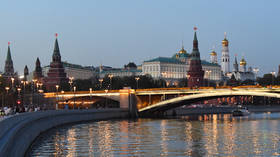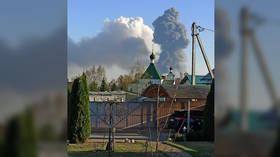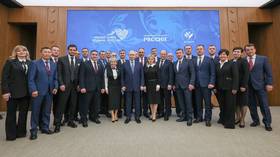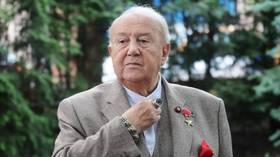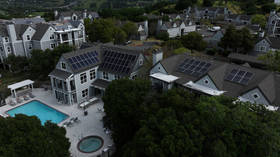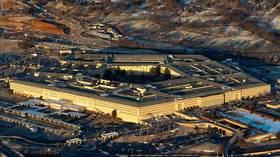Nord Stream says it will not face delays in construction
Russian-German company Nord Stream says it won't face delays in building a new gas pipeline linking Russia and Western Europe despite Estonia's refusal to let it carry out geological surveys near its coastline.
The Estonian government has decided not to let pipeline operator Nord Stream carry out environmental research in Estonia’s territorial waters. The research is needed to assess the ecological consequences of pipeline construction.
Nord Stream is a gas pipeline to link Russia and the European Union via the Baltic Sea. Its building is scheduled to begin in 2010.
The idea behind the project is to ensure a stable supply of Russian gas to Europe by creating an additional route that would not involve any transit countries. The pipeline would carry up to 55 billion cubic metres of gas per year, and the original plan was that it would go through Russia, Finland, Sweden, Denmark and Germany.
A 51% stake of Nord Stream company is owned by the Russian gas giant Gazprom, and the rest – by two major German gas companies, Wintershall and E.On Ruhrgas.
Mart Laar,The company is led by Mr Schroeder, who is known for his anti-Estonian statements. Then, looking at the whole project, all the alternatives must be studied – why build a very expensive and environmentally-problematic gas pipeline in the sea when it is not a problem to build it on land? It does not concern Estonia, we have no commercial interest in this matter. It is a practical question.
Estonian MP
Then Finland expressed some environmental concerns and appealed asking if it was possible to explore the Estonian waters and seabed for those purposes.
Further, the Estonian parliament declared they will not let the research be conducted. Their position is that the Nord Stream pipeline would threaten the country’s sovereignty.
Estonia and Russia have a record of disputes in the recent years, including territorial claims by Estonia, the situation with Russian speaking residents of the country, and the cyber attacks on Estonian websites after the relocation of the Bronze Soldier war memorial in April this year, which the Estonians claim was orchestrated by Kremlin, to name a few.
Meanwhile, Russian Acting Foreign Minister Sergey Lavrov has urged Estonia to co-operate on the Nord Stream gas pipeline project. In an interview with Russian 'Rossiya' TV channel he said the Estonian government should make sound calculations and not be politically motivated in dealing with Nord Stream.
“I am not sure that the Estonian government has made the final decision. Common sense should eventually inspire the Estonian authorities to co-operate on this project instead of trying to block it for political motives. I am sure this will be a successful project. Europe is interested in it, because it is crucial for ensuring Europe’s energy security,” Mr Lavrov said.
And in late August Sweden agreed to lease the port of Slite to Nord Stream for three years. The company is to invest $US 7 million to upgrade the port’s facilities and make it the hub for the construction of the North European gas pipeline.



